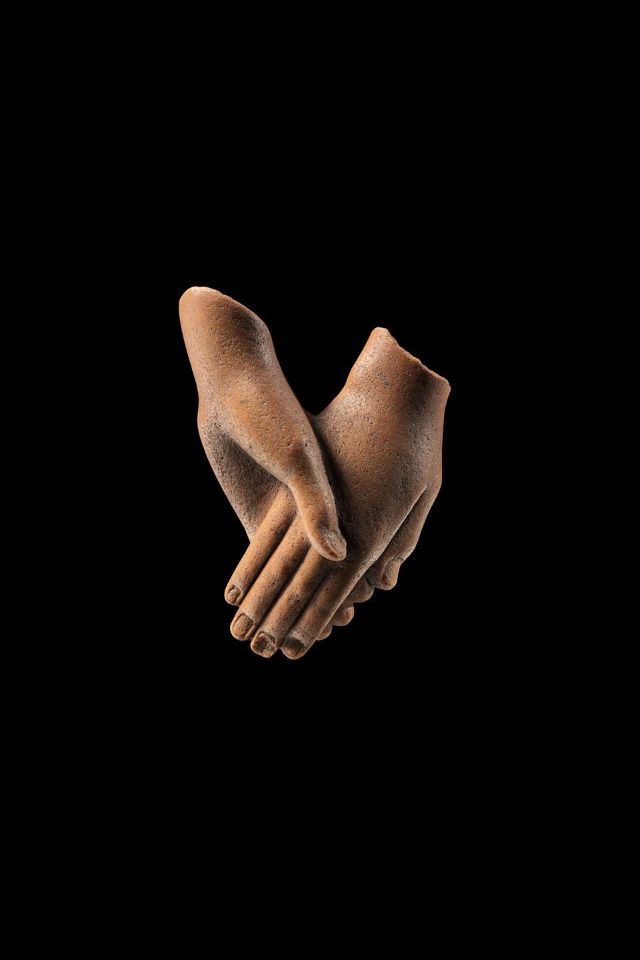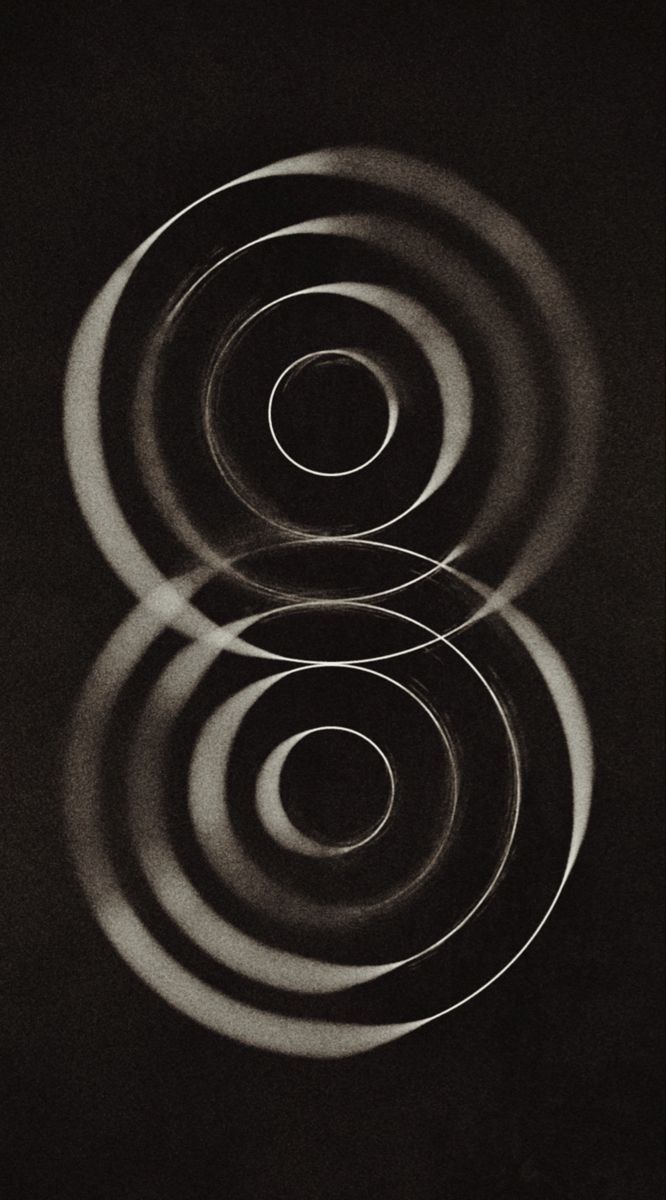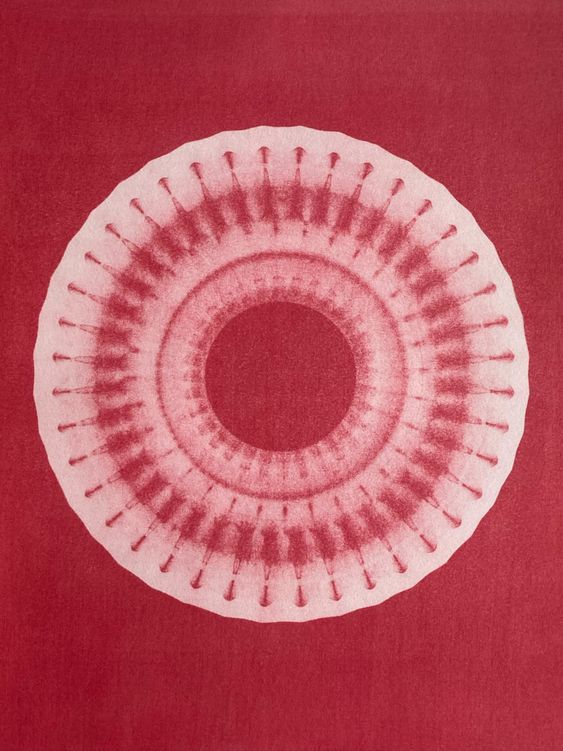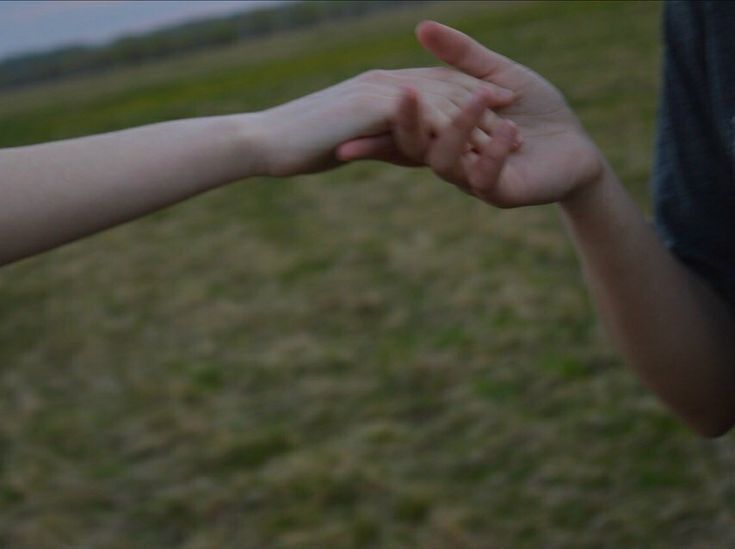Many of us have asked ourselves “Do I have anxiety?”
It’s sometimes hard to know, as it’s a word that gets thrown around so much. It might seem that everyone who is stressed, is also anxious.
The things is, anxiety is more than just feeling stressed or worried. It’s a complex emotional and physiological response that can significantly impact daily life.
Managing it requires understanding its roots, recognising how it feels and what it looks like, and developing practical strategies for coping – hopefully with support and understanding from those around you.
The Personal and Political Landscape
In Australia, it isn’t just a personal challenge—it’s a systemic issue deeply connected to broader social structures. Economic uncertainty, workplace pressures, and ongoing social inequalities contribute to most people’s rising anxiety levels. The COVID-19 pandemic has further exposed the fragile mental health infrastructure in Australia, highlighting how personal struggles are intrinsically linked to political and economic contexts. So if you’re experiencing anxiety, you should remember that it’s often a perfectly normal and understandable response to the world we live in.
So, Maybe I Do Have Anxiety
When we experience anxiety, our body activates our sympathetic nervous system, triggering what’s commonly known as the stress response. You might have also heard the stress response called the “fight-or-flight” response. This intricate process involves a cascade of hormonal and neurological changes;
- Cortisol and adrenaline flood our system
- Our heart rate increases
- Our breathing becomes rapid and shallow
- Our muscles tense in preparation for potential action
- Our digestive processes slow down because they’re not needed in stressful situations
While this response was crucial for our ancestors facing immediate physical threats, in modern society, these reactions can become problematic when triggered by psychological stressors that don’t require an intense physical response for survival.

Types of Anxiety
Different manifestations can include;
- Generalised Anxiety Disorder (GAD): Persistent and excessive worry about various aspects of life, occurring more days that not for at least 6 months.
- Social Anxiety Disorder: Intense fear of social interactions and being judged negatively, embarrassed or humiliated.
- Panic Disorder: Recurring unexpected panic attacks and persistent concern over having more attacks.
- Specific Phobias: Intense fear of particular objects or situations
- Separation Anxiety: Unusually strong fear of being away from important people or places.
Recognising the Signs
Managing anxiety starts with understanding its symptoms. These can include but aren’t limited to;
- Persistent worry that feels uncontrollable, intrusive and unbidden
- Physical symptoms like rapid heartbeat, sweating, light-headedness and muscle tension
- Difficulty concentrating or experiencing racing thoughts
- Sleep disruptions, wakefulness and unexplained fatigue
- Avoidance of social situations or specific triggers
If I Have Anxiety, How Can I Manage It?
1. Self-Care Approaches
Effective management isn’t about quick fixes but ongoing, sustainable lifestyle modifications. Regular body movement and consistent sleep patterns can sometimes help reduce anxiety. Mindfulness practices like meditation and various breathing techniques can also help regulate your nervous system. However, implementing these isn’t always easy or possible. Remember that you don’t have to completely overhaul your life, you can start with some very small, helpful changes and add more over time.
2. Professional Support Matters
While self-help strategies are valuable, professional guidance can be transformative. Therapists can provide personalised techniques and strategies for effective management, helping you develop coping mechanisms tailored to your specific needs and life experiences.
3. Building Supportive Networks
Social connections also play a crucial role. This doesn’t mean endless socialising, but instead cultivating meaningful relationships where you feel heard and supported. Peer support groups, community organisations, and trusted friends can provide essential emotional resources to help you feel understood, build resilience and know that you’re not alone
If I Do Have Anxiety, Should I Seek Support?
If anxiety consistently interferes with your daily functioning, it’s crucial to seek professional support. At Rough Patch we understand that managing anxiety is a nuanced and personal process. We offer reduced-fee online counselling across Australia, ensuring accessible support for those who need it.









